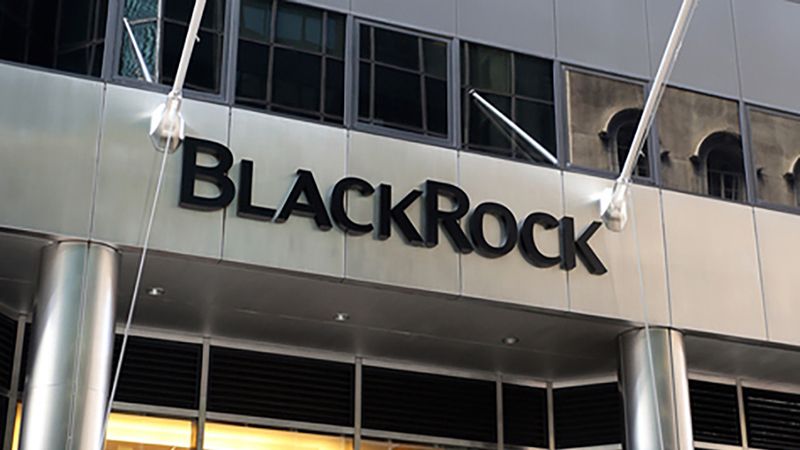BlackRock has refuted accusations by ShareAction that it blocked corporate action by voting against shareholder resolutions, stating it has “led the industry in providing clients with proxy voting choice and innovation”.
This comes as reports suggest BlackRock is backing out of meetings with companies it is currently engaging with through fear it could fall foul of new guidance issued by the Securities and Exchange Commission (SEC) that imposes more rigorous guidelines on investor activism.
Earlier this week, ShareAction published its latest research on investor support for shareholder resolutions to tackle social and environmental issues, showing that in 2024 only 1.4% (just 4 out of 279) received majority support – down from 21% in 2021.
ShareAction further accused the four largest asset managers in the world – BlackRock, Fidelity Investments, State Street Global Advisors and Vanguard – of voting against shareholder resolutions designed to protect human rights, nature and climate.
However, responding to ShareAction’s research, a BlackRock spokesperson told PA Future: “BlackRock’s voting decisions are based on the long-term financial interests of our clients. For the 2024 proxy year, we found that most environmental and social shareholder proposals were overreaching, lacked economic merit, or were unlikely to promote long-term shareholder value.
“We have led the industry in providing clients with proxy voting choice and innovation through the introduction of our Voting Choice and Climate & Decarbonization Stewardship programs. The most important perspective is that of our clients – a majority of which continue to delegate voting authority to the BlackRock Investment Stewardship team notwithstanding the number of options that allow them to vote proxies themselves or to align their mandates with specific goals.’’
SEC launches ‘attack on investor freedom’
Further reporting by the Financial Times (FT), however, contrasts with BlackRock’s claim, perhaps highlighting the tightrope investment management firms are walking while balancing engagement with the threat of litigation. According to the FT, BlackRock and Vanguard have halted meetings with investee companies in response to new SEC guidance imposing more restrictions on investor activism, something considered by many to be another attack on ESG investing.
On 11 February, the SEC issued updated Compliance and Disclosure Interpretations that “are likely to significantly impact how investors engage with public companies”, said law firm Gibson Dunn, expanding the nature and scope of activities viewed as “influencing control of the issuer”.
While the updates are expected to rein in the minority of 13G filers – shareholders who certify they do not hold securities to affect change or exude influence over the issuer – who campaign on ESG issues subject to a threat of voting against directors, they will also likely influence the actions of large institutional investors who in recent years have sought to address ESG matters through their own ‘board accountability’ voting policy standards, Gibson Dunn explained.
Additionally, passive investors who have traditionally filed on 13G despite pushing for governance or ESG-related changes “should now assess whether their actions could be seen as attempts to exert ‘pressure’ and may need to change their approach to protect their 13G eligibility”, Gibson Dunn advised.
It could also raise the possibility that groups of investors that collectively own more than 5% of a company’s stock, including smaller social activist investors that individually hold less than 5% of a company’s stock, could be viewed as forming a 13D group if they coordinate to urge companies to adopt specific climate-change, diversity, equity and inclusion, or other ESG policies, particularly if backed by pressure through a ‘vote no’ campaign.
A 13D filing would require more detailed information on a shareholder’s beneficial ownership of and transactions in a company’s shares, underscoring the SEC’s increasing scrutiny of institutional investors’ corporate governance stewardship activities, particularly on ESG matters.
“This is further proof the SEC’s actions are nothing short of a full attack on investor freedom,” wrote UK Sustainable Investment and Finance Association (UKSIF) CEO, James Alexander.
“Anyone with an ownership stake in a company should be able to engage with management on issues that may impact shareholder value across both the short and long term. Clearly, sustainability is among the key issues for investors to consider, particularly over the longer term as physical and policy-related climate and social risks start to materialise more substantially.
“Forcing investors to ignore these issues will inevitably cause great harm to pension savers, companies themselves and the wider economy.”








